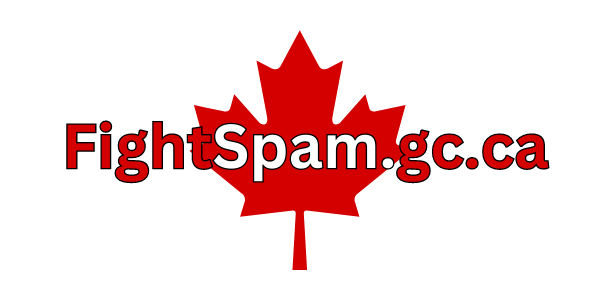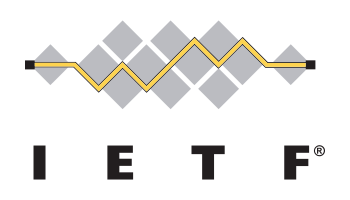The Hansard transcripts of yesterday's second reading of FISA, the Fighting Internet and Wireless Spam Act, bill C-28, are up.
The bill is seemingly garnering support from all quarters, and hope springs eternal that the next steps will be treated with appropriate expeditiousness by legislators.
This is, after all, the fifth time the Canadian House of Commons has seen this bill, first as C-27 in 2009 (where it made it through 3 readings & votes) and an INDU committee process, and then as C-28.
What struck me by yesterday's debates was the short memory of some of the members, asking the Conservative Government what took so long. How quickly they forget! There is plenty of blame to go around.
In 2004, the Liberal Minister of Industry Lucienne Robillard convened a task force, The Task Force on Spam. CAUCE was an active participant in that process, and in May 2005, the final report was submitted to then-Minister David Emerson, another Liberal.
Puzzlingly, Emerson did not do anything with the final report, despite assurances to the task force that he would, and on November 29, 2005, the Liberal parliament rose for the last time.
The Conservative party was elected to a minority government in April 2006, and admittedly had ample opportunity to table a bill since that time. A few things got in the way, however.
Specifically, Maxime Bernier was appointed Minister of Industry, and M. Bernier, as an ardent free-marketer, thought that an anti-spam bill, aimed at criminal spammers, would somehow negatively impact legitimate business. In 2007, Bernier moved to a new position. (M. Bernier had some rather other odd notions of what was appropriate, and eventually, was removed from his appointed positions, but remains a backbencher).
Jim Prentice followed in the position from August 2007 until October 2008, and again, there was no action taken.
Finally, that brings us to the current Minister of Industry, ex-rock music critic, and very avid user of the net, Tony Clement (follow him on Twitter @TonyClement_MP).
Within months of his appointment, Clement had taken the bull by the horns, and his staffers at Industry Canada were kept busy writing up ECPA, aka Bill C-27, FISA/C-28's predecessor which was initially tabled in late April 2009.
Parliament was prorogued in late 2009, and that was a waste of money as far as the anti-spam bill is concerned; hours of debate and work were lost, particularly should they be repeated.
This brings us to present day; C-28 was introduced for first reading in Parliament in May 2010, and was given an (incomplete) second reading September 27, 2010.
While the delays in getting an anti-spam bill have been frustrating slow, this is a Mom and Apple-pie issue (does anyone truly want to take the pro-spam side?); politicians could glean some much-needed goodwill by getting C-28 into law as quickly as possible.
As Mr. Clement rightly noted in the House yesterday "Currently we are
the only G8 country and one of only four OECD countries without
legislation dealing with spam." What a downright shame that is, a national embarrassment for our law enforcement and bureaucrats who have to face their colleagues from other countries regularly, empty-handed.
It is time to put partisan politics and needless finger-pointing behind us; committee work and debate should be conducted quickly and efficiently. Parliament has been over this issue numerous times with C-27, let's just give Canadians what they have wanted for years: A solid spam bill, C-28/FISA, that will put a major hurt on the spammers and other criminals polluting all of our inboxes, text and instant messages, and virtually every other communications channel on the net, while protecting the legitimate needs of individual and business users of the Internet. Canadians deserve nothing less.
Neil Schwartzman
Executive Director
CAUCE
The Coalition Against Unsolicited Commercial Email, North America Inc.
http://cauce.org
http://twitter.com/cauce
AIM: caucecanada

















